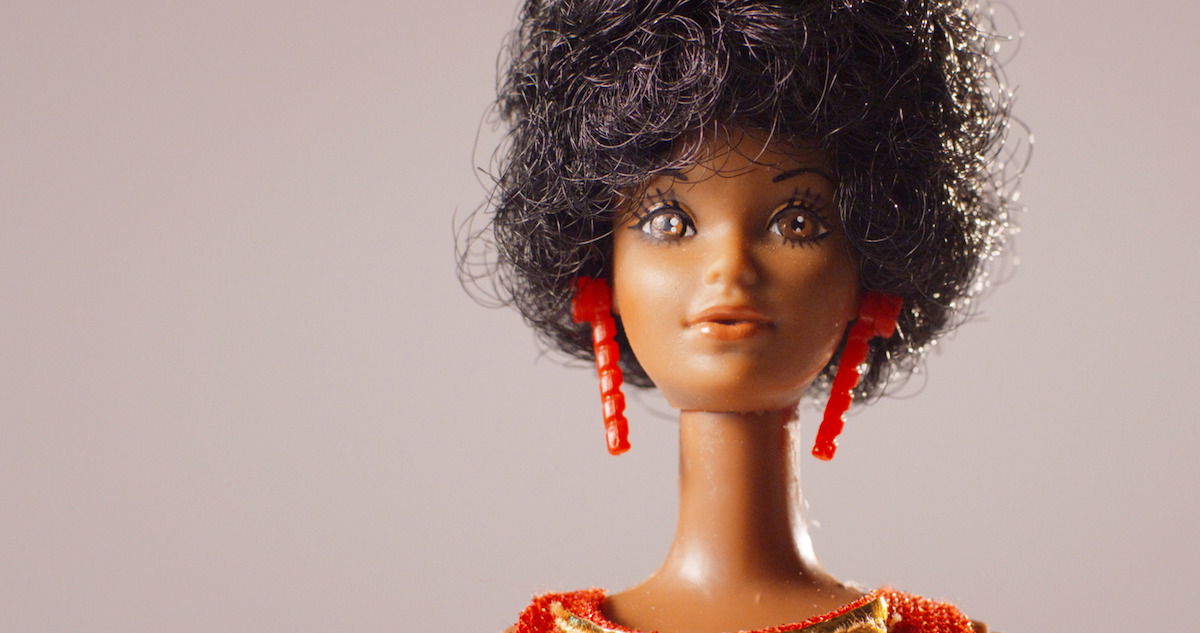
June 24, 2024
‘Black Barbie’: A New Documentary Showcases Doll’s Creation And Impact On Diversity
The documentary was released on Netflix and produced by Shonda Rhimes' Shondaland.
The creation and impact of Black Barbie is now on display in a new documentary. Black Barbie details the doll’s representation and influence on diversity.
Netflix released it on Juneteenth. The documentary began with its director, Lagueria Davis, and her familial ties to Black Barbie. While lacking an affinity for the toy, Davis noticed her Aunt Beulah’s appreciation for the dolls. Beulah Mitchell’s untold story of her role in creating the first-ever Black Barbie doll led the writer-director to uncover its history.
Mitchell started on the assembly line at Mattel, the company behind Barbie, in 1955. At the beginning of the ’60s, Mitchell proposed the idea of a Black doll to Barbie’s creator, Ruth Handler. While Handler responded, “We’ll see,” the dream came to fruition for Mitchell—albeit two decades later.
The film features the stories of fellow Black Mattel employees and includes diversity pioneers such as Shonda Rhimes, whose Shondaland produced the documentary, Misty Copeland, and Congresswoman Maxine Waters.
The first Black Barbie, which debuted in 1980, featured a doll fully immersed in her identity. Designed by Kitty Black Perkins, the doll had an Afro to complement her red dress and gold jewelry. Moreover, her facial features, such as a wide nose and larger lips, further signified her Blackness.
“When I designed this doll, there was a need for the little Black girl to have something she could play with that looked like her,” explained Black Perkins in the documentary. “I wanted her to reflect the total look of a Black woman.”
To doll-lovers around the world, Black Barbie had arrived.
“Barbie is such a ubiquitous and iconic brand. It’s important to know that (the) Barbie brand could be attached to a non-white doll,” shared producer Aaliyah Williams to CNN. “Having Black Barbie (dolls) just reinforces the fact that being Black is fly and amazing—and that Black women are gorgeous.”
The Barbie marked a new era of diversity for the toy brand. Its impact spread amongst consumers, typically young girls, while boosting their self-esteem. For young Black girls, seeing a doll that looked like them was an acknowledgment of their existence. Furthermore, it also emphasized their own beauty.
The initial success of Black Barbie also led to more dolls in its line. Its present-day celebration through the documentary uplifts diversity in all forms.
“It’s a beautiful legacy story. It shows how representation can work — and we’re talking about a time when there weren’t any DEI initiatives,” stated Davis to the news outlet. “Black Barbie is validation for my aunt and Kitty and Stacy, being seen and heard at a company where they were oftentimes silenced. Black Barbie is also validation for us filmmakers, everybody who worked on it, being seen and heard in this industry.”
RELATED CONTENT: Shondaland And Netflix Acquire Rights To ‘Black Barbie’ Documentary